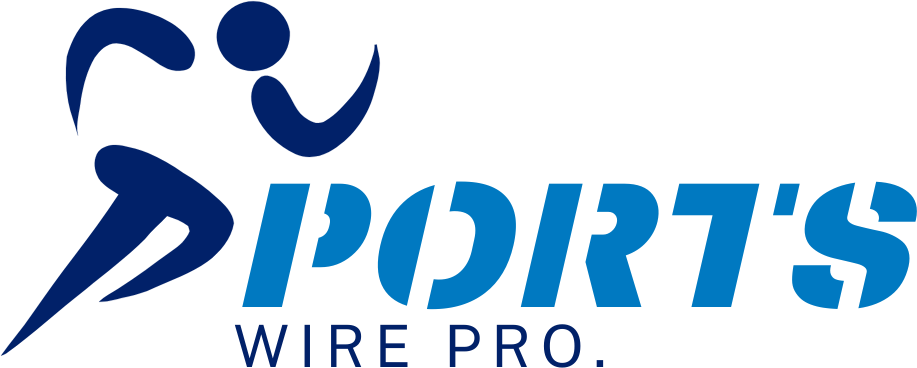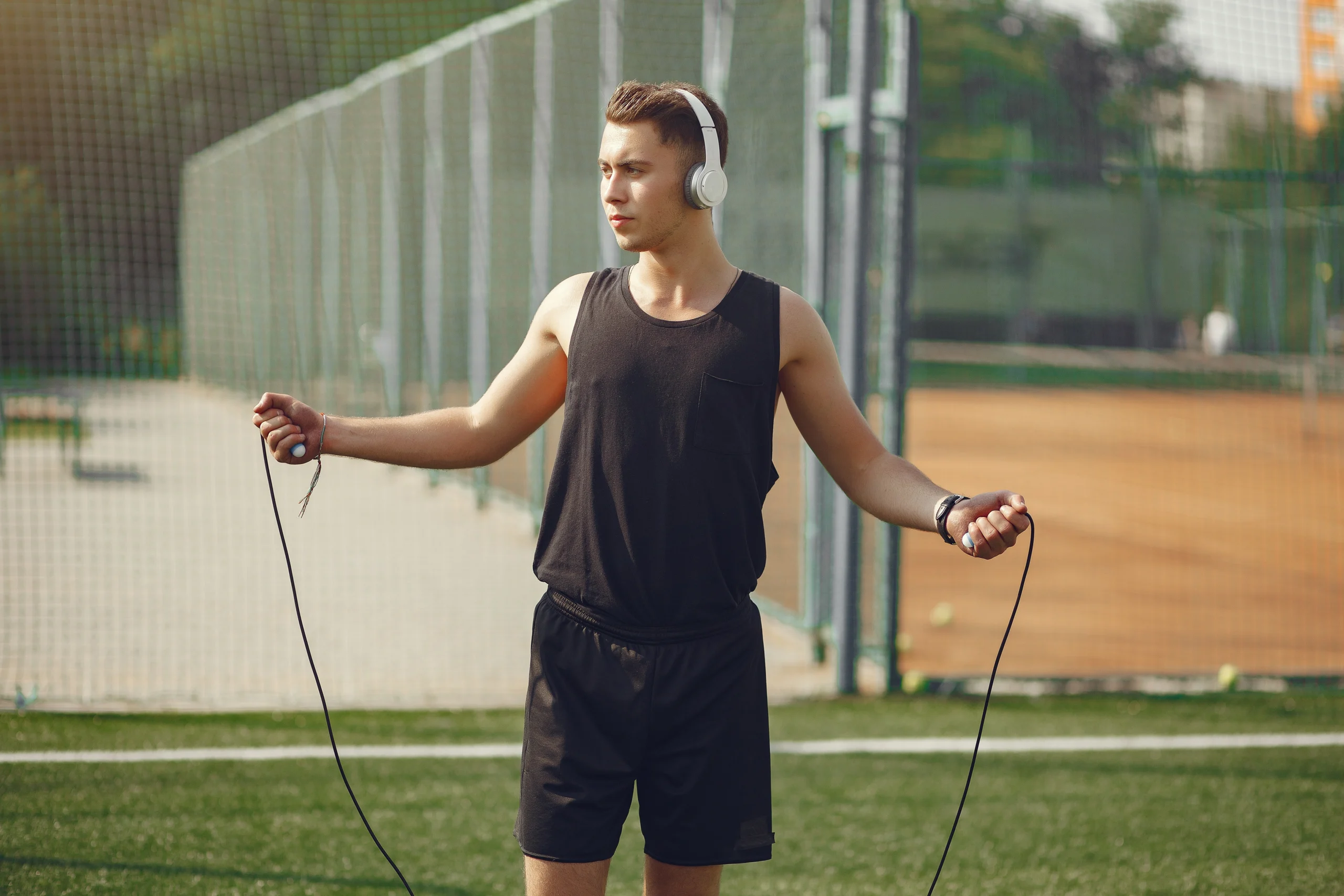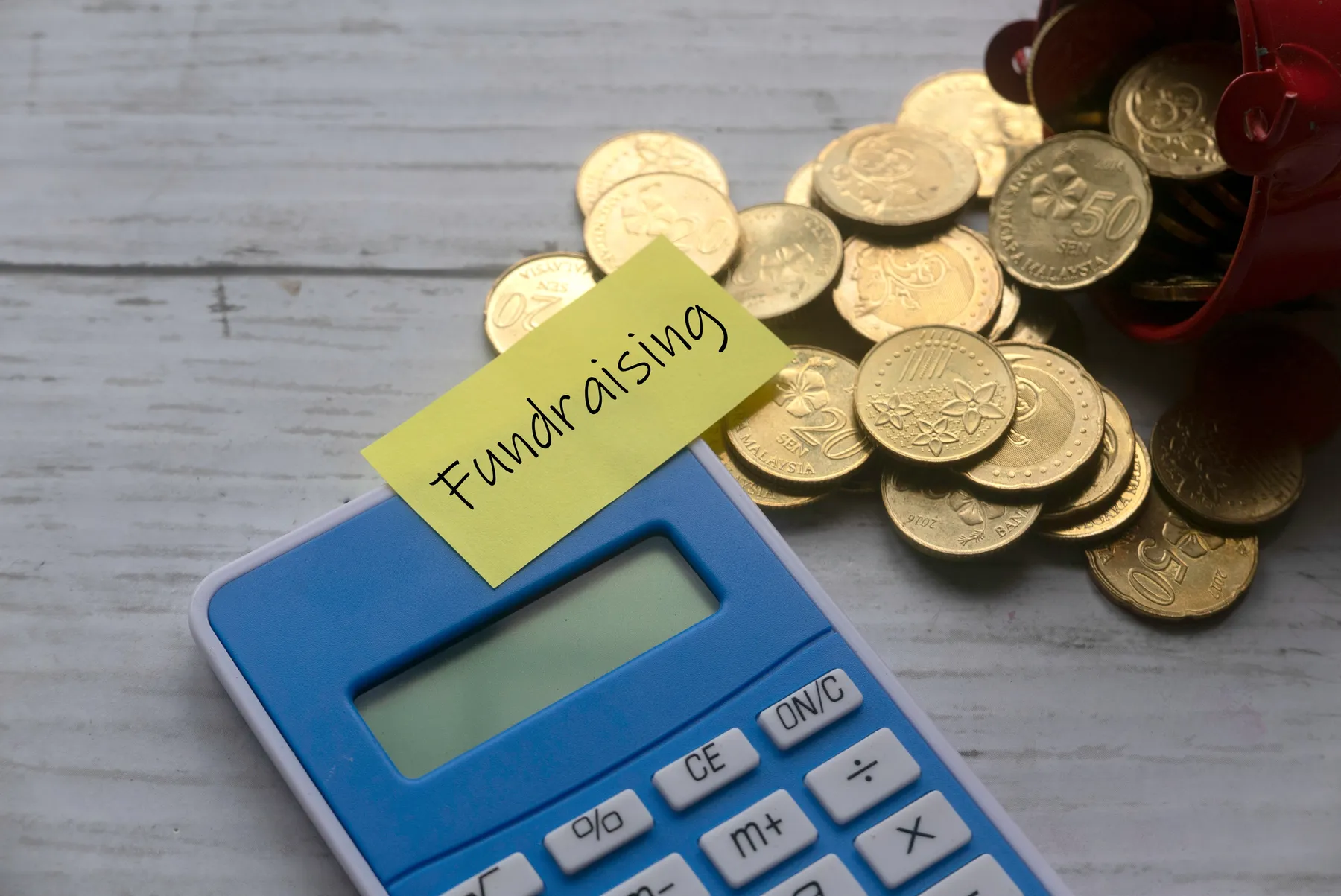Introduction
You must mentally prepare yourself to succeed in a world that demands excellence. Mental preparation may benefit individuals in many walks of life, including students for exams, professionals for presentations, and athletes for significant events. This blog will review mental preparation strategies that may help you focus better, bounce back from setbacks better, and perform better under pressure.
Understanding Mental Preparedness
Mental preparation is preparing to face obstacles. It’s purposeful brain programming to manage stress, concentrate, and overcome challenges. Students may need to improve their study skills to handle test stress. Professionals may focus on keeping calm in stressful situations. However, athletes train their thoughts to be relaxed throughout the competition.
Today’s fast-paced environment requires mental preparation. With constant distractions, staying focused is essential. This blog will provide practical mental game ideas to prepare you for anything.
The Importance of Mental Preparation
Mental preparation is crucial because your intellect is your biggest asset. The endurance requires work, like physical endurance. Preparedness helps you recover from failures and enables you to concentrate on the job without uncertainties or interruptions.
Consider that great athletes exercise their brains and bodies equally. They improve performance using visualization, positive self-talk, and mindfulness. Anyone may increase their mental acuity and life results by using these tactics.
Focus Techniques for Enhanced Performance
Like any talent, focus requires practice. A suitable method is the Pomodoro Method, which incorporates short bursts and rests. This minimizes burnout and refreshes your thoughts. This method helps students avoid knowledge overload during extended study periods.
Another significant skill is mindful breathing. Slow, deep breaths relax the nervous system and promote attention. Before competition, athletes adopt this strategy to center and remain focused. Mindful breathing may help professionals relax before presentations.
Building Resilience Through Mental Training
Resilience is the capacity to overcome stress and gain strength. It’s essential for success. Visualization boosts resilience. Imagine yourself conquering problems and succeeding in building confidence for real-life issues.
Another helpful method is positive self-talk. Affirmations help overcome negative thinking and boost resilience. Many athletes utilize this approach to stay confident throughout challenging tournaments. Professionals’ pitches might succeed or fail based on it.
Mental Preparation for Students
Students suffer immense pressure, particularly during examinations. Strong mental preparation habits reduce stress and boost performance. A study regimen that separates things into digestible portions works well. This eliminates last-minute cramming and allows steady growth.
Practice examinations are also helpful. Simulating test settings helps pupils understand the structure and scheduling, minimizing exam anxiety. Visualizing oneself passing the exam may enhance confidence and lessen pre-test nerves.
Mental Strategies for Professionals
High-stakes presentations and negotiations are common for professionals. Success requires mental preparation. Visualization is effective. Picture yourself giving an excellent presentation, concentrating on confidence and clarity.
Another helpful method is goal setting. Setting work goals maintains focus and drive. Break big ambitions into more miniature, manageable stages and celebrate each one. This motivates and avoids overload.
Elevating Athletic Performance with Mental Strategies
Athletes understand the importance of mentally preparing for peak performance. The best athletes use mental imagery to perfect their routines. Creating mental images of each step of the performance helps with both anxiety and muscle memory.
Another approach is to have a pre-performance ritual. Possible aids include deep breathing exercises, music, or motivating mantras. Athletes rely on certain rituals to help them focus and perform at their best.
The Role of Positive Self-Talk
Simple yet powerful positive self-talk boosts confidence and motivation. Instead of self-doubt, say, “I can do this” or “I’m well-prepared.” This thinking adjustment may significantly affect your performance and perspective.
Positive self-talk may help pupils overcome test anxiety. It allows professionals to gain confidence before meetings and athletes to remain focused throughout tough training. Reprogramming your inner discourse sets you up for success.
Visualization Techniques for Success
Create vivid visions of accomplishment to visualize success. Athletes, students, and professionals love it. Find a peaceful place, shut your eyes, and see your objective in detail to use it.
Students may visualize themselves comfortably answering test questions, professionals envision a faultless presentation, and athletes imagine winning the race. This exercise builds confidence and performance by establishing a successful mental map.
Practicing Mindfulness for Mental Clarity
Being mindful is being present and attentive. It boosts mental clarity and reduces stress. Regular mindfulness practice improves focus, emotional stability, and well-being.
Start by practicing mindfulness for a few minutes daily. Focus on your breath, examine your thoughts without judgment, and return to the present. This technique helps students handle academic stress, professionals increase productivity, and athletes perform at their best.
The Power of Routine in Mental Preparation
Routine is essential to mental preparedness. The predictability and steadiness of consistency reduce anxiety and improve attention. Plan work, relaxation, and self-care into your daily agenda.
This may incorporate scheduled study hours and breaks for pupils. Professionals benefit from set work and rest hours. Sportspeople should schedule training and relaxation days. Routines foster mental performance.
Cultivating a Growth Mindset
A growth mindset holds that hard effort may improve talents. It boosts resilience and motivation. Instead of seeing difficulties as impossible, a development mentality sees them as opportunities.
Accept difficulties and learn from mistakes to support a development attitude. Remember that failures are part of learning and that patience leads to improvement. This mentality is essential for students, professionals, and athletes pursuing academic and career success.
The Importance of Rest and Recovery
Rest and rehabilitation are essential for mental and physical performance. They refresh the brain and body, preventing exhaustion. Taking pauses regularly improves cognitive and emotional health. Students may take brief breaks during study sessions, while professionals might take regular breaks throughout the day. Athletes use rest days to improve performance and decrease injury risk.
Leveraging Technology for Mental Training
Technology is essential for mental training in the digital era. Apps and software help with mindfulness, attention, and visualization. Productivity applications assist in managing time and concentration, while meditation apps teach mindfulness. Performance analysis technology helps athletes and professionals track their development and create targets. Accepting these technological advances may boost mental readiness and performance.
The Impact of Nutrition on Mental Health
Nutrition dramatically affects mental health and performance. Balanced eating maintains energy, attention, and brain function. Omega-3s, antioxidants, and healthy grains boost mood and cognition. Hydration also helps focus and stay awake. Student, professional, and athlete nutrition is crucial to success; healthy eating is encouraged.
Building a Support Network
A support system is essential for mental health and goal-setting. Family, friends, mentors, and coworkers may provide support, guidance, and belonging. Mentorship and cooperation help professionals, while peer study groups motivate students and minimize stress. Players look to coaches and teammates for support and encouragement. Building and using a solid support network helps improve performance and manage issues.
Conclusion
By mentally preparing yourself, you may reach your full potential. Knowing your mental preparedness, focusing, being resilient, and adopting positive self-talk will help you perform better in every area of life. Athletes, students, and professionals may all benefit from these concepts. Put these routines into action right now to boost your mental game and increase your chances of success.





